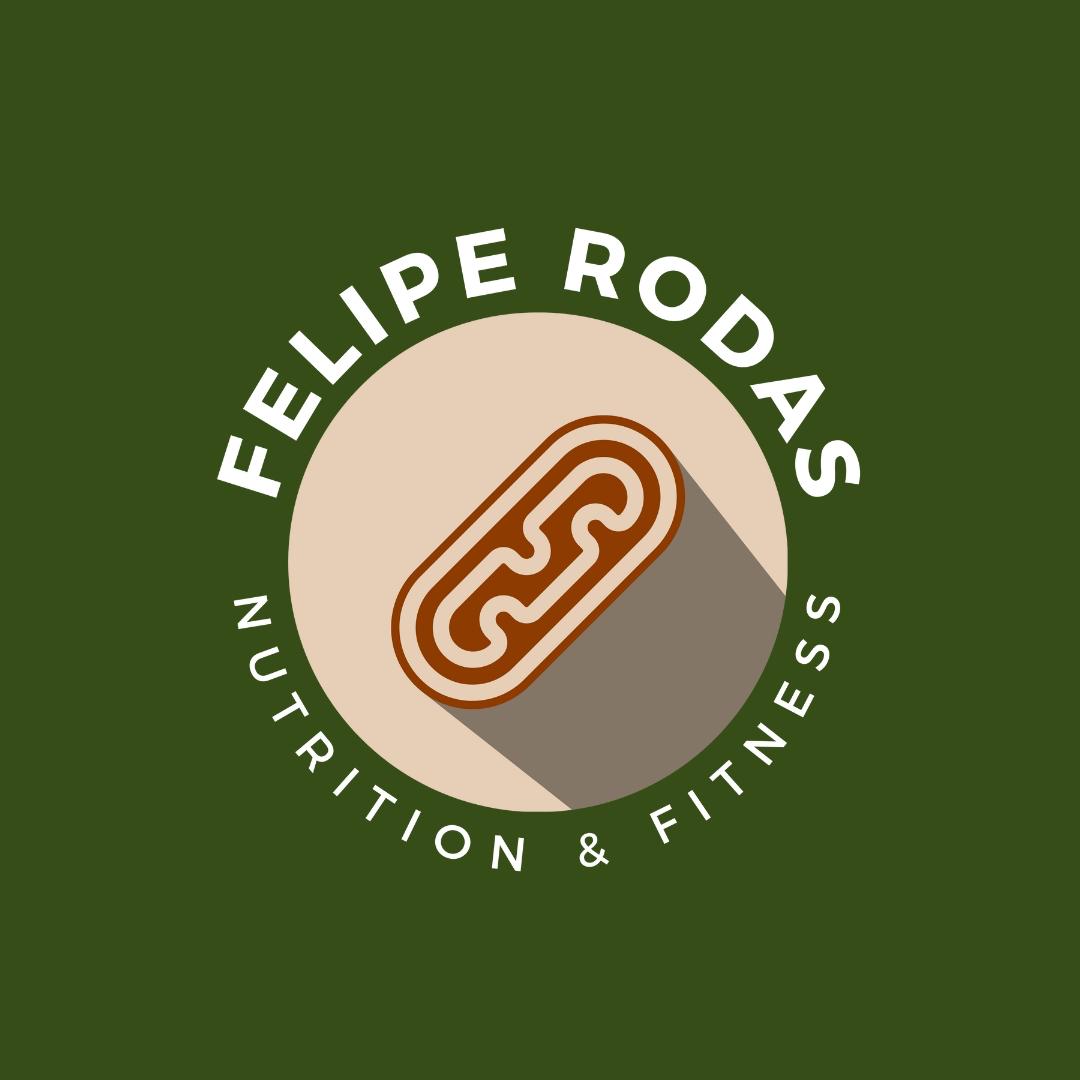Blog
Take A Look At Our Newest Blog Posts

The Importance of Melatonin and the Circadian Rhythm for Health
The Importance of Melatonin and the Circadian Rhythm for Health
By Felipe Rodas, Holistic Nutrition and Health Coach, Nutrition BSc Student
In our fast-paced, technology-driven world, many overlook the crucial role of sleep and its regulation by the circadian rhythm. At the heart of this natural process lies melatonin, a hormone integral to synchronising our biological clocks. Understanding melatonin and the circadian rhythm’s impact on health can empower individuals to make lifestyle changes that promote well-being and optimise fitness.
What Is Melatonin?
Melatonin is a hormone the pineal gland produces, primarily released in response to darkness. Its secretion peaks at night, signalling the body that it is time to rest. As a regulator of the sleep-wake cycle, melatonin aligns internal physiological processes with the external environment (Buscemi et al., 2006).
Melatonin’s influence extends beyond sleep. It functions as a powerful antioxidant, reduces inflammation, and supports immune function (Hardeland, 2012). These properties make melatonin essential for overall health, particularly for individuals striving for peak physical performance and recovery.
The Circadian Rhythm: The Body’s Internal Clock
The circadian rhythm is an approximately 24-hour cycle influenced by environmental cues such as light and temperature. This internal clock orchestrates physiological processes, including sleep-wake patterns, hormone secretion, metabolism, and body temperature (Tahara & Shibata, 2013).
Disruptions to the circadian rhythm, such as those caused by shift work, jet lag, or excessive exposure to blue light from screens, can significantly impact health. Chronic circadian misalignment has been linked to metabolic disorders, cardiovascular diseases, and mental health issues (Wang et al., 2021).
Melatonin and Health Benefits
Sleep Regulation Melatonin improves sleep onset and quality, particularly for individuals with insomnia or circadian rhythm sleep disorders. A meta-analysis by Ferracioli-Oda et al. (2013) demonstrated that melatonin supplementation effectively reduces sleep latency and enhances sleep duration.
Immune Function Research indicates that melatonin enhances immune responses and reduces the severity of infections, including viral illnesses. Its antioxidant properties protect immune cells from oxidative stress (Reiter et al., 2020).
Exercise Recovery Melatonin may play a role in recovery by promoting restorative sleep, reducing oxidative damage, and modulating inflammation. This is particularly beneficial for athletes and fitness enthusiasts aiming to optimize performance (Vitale et al., 2019).
Mental Health Studies suggest that melatonin supplementation can alleviate symptoms of depression and anxiety, particularly in individuals with disrupted sleep patterns. Its role in regulating neurotransmitters and reducing inflammation contributes to improved mental health outcomes (Almeida et al., 2021).
Tips to Support Melatonin Production and a Healthy Circadian Rhythm
Prioritize Natural Light Exposure Spending time outdoors, especially in the morning, helps regulate the circadian rhythm by reinforcing natural light cues.
Limit Blue Light at Night Reduce screen time before bed or use blue light-blocking glasses to minimize melatonin suppression caused by electronic devices.
Establish a Consistent Sleep Schedule Going to bed and waking up at the same time every day strengthens the body’s internal clock.
Create a Sleep-Friendly Environment Maintain a cool, dark, and quiet bedroom to promote melatonin secretion and restful sleep.
Consider Melatonin Supplementation Consult a healthcare provider to determine if melatonin supplements are appropriate, particularly for addressing jet lag or shift work-related sleep disturbances.
Conclusion
Melatonin and the circadian rhythm are central to maintaining health, influencing sleep, immunity, recovery, and mental well-being. By adopting lifestyle habits that support natural melatonin production and circadian alignment, individuals can enhance their quality of life and achieve their fitness goals. Prioritize your internal clock—your health depends on it.
References
Almeida, C. M. O., Silva, A. R. P., Lima, J. D., & Holanda, C. M. C. X. (2021). The role of melatonin in mood disorders: A systematic review. Journal of Affective Disorders, 283, 158–168. https://doi.org/10.1016/j.jad.2021.01.055
Buscemi, N., Vandermeer, B., Pandya, R., Hooton, N., Tjosvold, L., Hartling, L., Baker, G., Vohra, S., & Klassen, T. P. (2006). Melatonin for treatment of sleep disorders: Summary. AHRQ Evidence Report Summaries.https://www.ncbi.nlm.nih.gov/books/NBK37386/
Ferracioli-Oda, E., Qawasmi, A., & Bloch, M. H. (2013). Meta-analysis: Melatonin for the treatment of primary sleep disorders. PLoS ONE, 8(5), e63773. https://doi.org/10.1371/journal.pone.0063773
Hardeland, R. (2012). Melatonin in aging and disease—Multiple consequences of reduced secretion, subcellular distribution, and clearance. Neuroscience and Biobehavioral Reviews, 36(9), 2369–2398. https://doi.org/10.1016/j.neubiorev.2012.07.006
Reiter, R. J., Sharma, R., & Rosales-Corral, S. (2020). Anti-inflammatory and antioxidant actions of melatonin: A review. Current Topics in Medicinal Chemistry, 20(20), 2212–2222. https://doi.org/10.2174/1568026620666200723142847
Tahara, Y., & Shibata, S. (2013). Chronobiology and nutrition. Neuroscience, 253, 78–87. https://doi.org/10.1016/j.neuroscience.2013.08.027
Vitale, J. A., Lombardi, G., & Banfi, G. (2019). Biological rhythms, melatonin, and physical performance: A systematic review. Frontiers in Physiology, 10, 171. https://doi.org/10.3389/fphys.2019.00171
Wang, W., Zhao, X., O’Neil, A., Turner, A., & Liu, X. (2021). The link between circadian disruption and metabolic disorders: A meta-analysis. Obesity Reviews, 22(1), e13140. https://doi.org/10.1111/obr.13140
Contact
info@feliperodas.co.uk
Tel: 07473011140
15 Lett Road, Stockwell, SW90AF
© 2023 by Felipe Rodas PT. Created by VIV-Z

